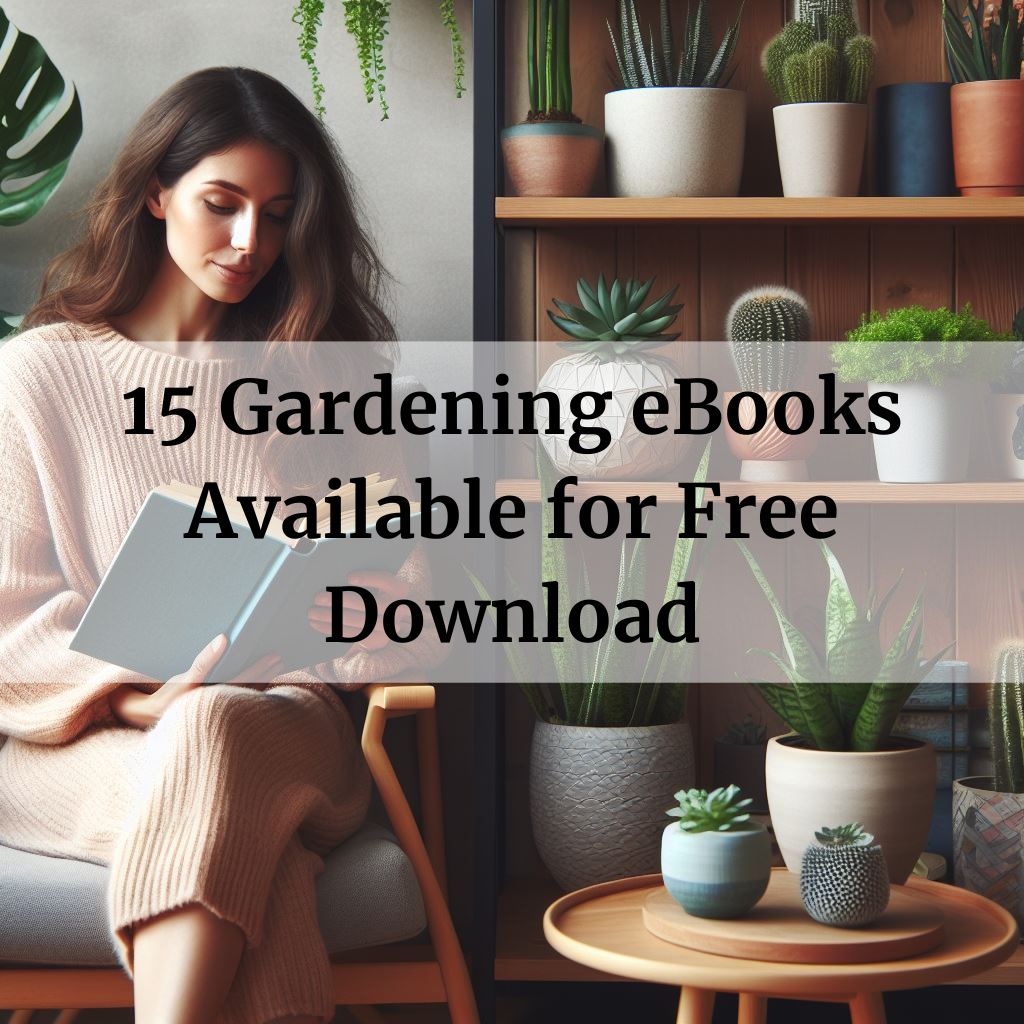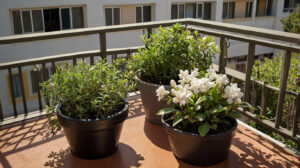
As gardeners, we often focus on the immediate benefits of our hobby – the joy of nurturing plants, the satisfaction of watching them grow, and the sense of accomplishment that comes with harvesting a bountiful crop. However, the environmental impact of our gardening practices, including the carbon footprint of our gardening books, is often overlooked.
So, let’s take a look at the hidden environmental costs of our gardening knowledge and provide recommendations for reducing the carbon footprint of our favorite gardening books.
In this article
The Production and Distribution of Gardening Books
Gardening books are a staple of many gardeners’ libraries, providing valuable information on everything from plant care and propagation to pest management and garden design. However, the production and distribution of these books have a significant environmental impact.
The printing and binding of books require large amounts of energy, water, and raw materials, such as paper and ink. Additionally, the transportation of books from the manufacturer to the retailer and finally to the consumer contributes to greenhouse gas emissions.
The Carbon Footprint of Printed Gardening Books
A study by the University of California, Berkeley, found that the production and distribution of a single book can result in the emission of up to 1.5 kilograms of carbon dioxide equivalent (CO2e). This may not seem like a significant amount, but when multiplied by the millions of gardening books sold each year, the cumulative impact becomes substantial.
Digital and Online Gardening Resources
In recent years, digital gardening resources have become increasingly popular, offering a more sustainable alternative to traditional printed books. Digital books, e-books, and online tutorials can be accessed instantly, eliminating the need for physical transportation and reducing the demand for paper and ink. Additionally, digital resources can be easily updated and revised, reducing the need for frequent reprints and minimizing waste.

15 Gardening eBooks Available for Free Download
These ebooks cover a wide range of topics, from basic gardening techniques to more advanced topics like permaculture and urban gardening and are all available free for download.
The Benefits of Digital Gardening Resources
Digital gardening resources offer several benefits over traditional printed books. They are:
- More Sustainable: Digital resources require significantly less energy and resources to produce and distribute, making them a more sustainable option.
- More Accessible: Digital resources can be accessed from anywhere, at any time, making them more convenient for gardeners with limited mobility or those living in remote areas.
- More Up-to-Date: Digital resources can be easily updated and revised, ensuring that gardeners have access to the latest information and techniques.
- More Space-Efficient: Digital resources take up virtually no physical space, making them ideal for gardeners with limited storage space.
Reducing the Carbon Footprint of Gardening Books
While digital gardening resources offer a more sustainable alternative, there are still steps that gardeners can take to reduce the carbon footprint of their favorite gardening books:
- Buy Used or Second-Hand Books: Purchasing used or second-hand books can significantly reduce the demand for new, resource-intensive books.
- Choose Books with Recycled Paper: When purchasing new books, look for those printed on recycled paper to reduce the demand for virgin paper.
- Support Local Authors and Publishers: Supporting local authors and publishers can reduce the carbon footprint of book production and distribution by minimizing transportation distances.
- Share and Borrow Books: Sharing and borrowing books with fellow gardeners can reduce the need for individual purchases and minimize waste.
The carbon footprint of gardening books may seem like a small issue, but it is an important consideration for gardeners who care about the environment. By choosing digital resources, buying used or second-hand books, and supporting local authors and publishers, gardeners can reduce their environmental impact and contribute to a more sustainable future.







